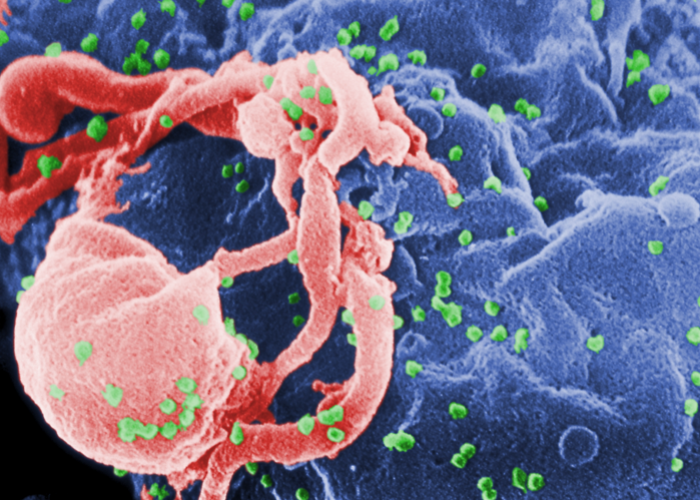Cuba Becomes The First Country To Eliminate Mother-To-Baby HIV
Last month the World Health Organisation (WHO) announced that Cuba has become the first country in the world to eliminate mother-to-baby transmission of HIV.
According to the international charity, Avert, HIV is responsible for an estimated 1.7 million deathsworldwide each year. Of the 34 million people affected by the condition, 3.3 million are children. As of 2013, 240,000 of these children were born with the disease.
While advances in the treatment of HIV have seen huge leaps in recent years there is still no cure. Under current treatment, a child born with HIV will retain the virus for the rest of their lives, requiring a daily cocktail of antiretroviral drugs to prevent the virus from developing into Aids.
Mother-to-baby transmission
An estimated 1.4 million women living with HIV become pregnant each year. HIV awareness plays a huge role in the prevention of the spread of the virus but so far global efforts have focussed largely on its sexual transmission.
Cuba’s announcement demonstrates that efforts to address mother-to-baby transmission can have real impact on the numbers of individuals living with the virus.
Left untreated, a mother has a 15-45% chance of transmitting the virus to her baby during pregnancy, labour or breastfeeding. This risk decreases dramatically to just over 1% if the mother and baby are treated with the appropriate antiretrovirals.
Antiretroviral treatment
Cuba attributes its astonishing claim to an increased access to antiretroviral drugs over the past five years as part of a marked initiative to eliminate mother-to-baby transmission of the virus. Increased testing for pregnant women and their partners, caesarean deliveries, and breast-milk substitutes have also helped.
The WHO’s director general, Margaret Chan, said that the announcement represents “one of the greatest public health achievements possible” and an important step towards an Aids-free future.
The future of HIV
It is important to note that children are still being born with HIV in Cuba; according to WHO’s specifications, the elimination of mother-to-baby transmission means a country must demonstrate that less than 50 infections per 100,000 live births over a period of at least a year.
This does not detract from the impact of Cuba’s claim. In 2013, only two babies were born with HIV; an incredible statistic given its population of 11.27 million.
While millions remain infected by the virus worldwide, the infection rate is also showing signs of significant decline. According to UNAids data, 2.1 million became HIV positive in 2013, down from 2.9 million in 2005.
What is perhaps most exciting about this decline is the suggestion that even in the absence of a cure, a continuation of this infection trend could one day lead to the reality of an Aids-free world.HIV research is changing lives.
To find out about our range of related reagents, call us today on +44 (0)1869 238033 or get in touch here.
